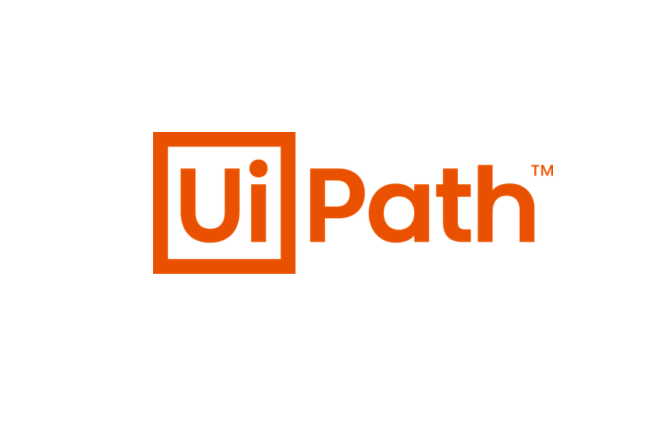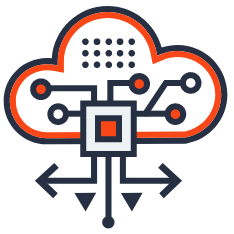Digital technology has a central role to play in helping organisations across the UK manage the combined impact of Brexit and COVID. But how can the IT function keep up with demand, when innovation is needed in so many departments, and resources are already stretched? Is it time to consider a new level of collaboration between IT and business?
The role of enterprise IT is changing in response to two major developments in the UK’s business landscape: Brexit and the COVID crisis.
A recent Mendix survey , which examined the experiences of 1,000 IT and business leaders in the UK across various industries, looks at how these two forces are changing the relationship between IT and business. The study also examines how a shift in mind-set can allow companies to deliver the digital solutions they need at greater speed and build greater resilience into their enterprises.
According to the Mendix report, UK organisations across sectors have stepped up investment in IT and digital technologies to support their response to the pandemic and prepare for the transition from the EU. Key focus areas for digital investment include:
- Remote working tools
- Cloud computing
- Collaboration and productivity solutions
- Risk and compliance management tools
- Online customer portals
- Data management solutions
In this landscape, the IT department is under an immense amount of pressure to deliver on more digital projects, at greater speed. As a function that plays an integral role in delivering the tools needed to support remote teams, digitise operations and increase efficiencies across the board, the IT team is “more important now than ever before”, according to 67% of leaders. A further 46% even went on to say that the purpose of the IT department has shifted from increasing productivity and agility to ensuring business resilience.
However, living up to these expectations and delivering all the solutions needed, in the time required by the business, is a massive undertaking – even for the most well-resourced IT functions.
Is it time to rethink traditional IT approaches?
In the past, updating enterprise technology capabilities was a slow and expensive project, because it involved overhauling the entire IT infrastructure, all at once.
Now that companies need to navigate the disruptions caused by COVID and Brexit, however, this traditional model is no longer adequate. New customer expectations, business requirements and challenges are emerging too fast. Companies need to find a new way of delivering the digital solutions that are needed to keep pace with change.
This calls for a shift in thinking on two levels:
Level 1 – It’s time to view IT as a transformation partner, not a technology gatekeeper:Rather than acting as a gateway to all technology projects, IT needs a way to collaborate more closely with the business on ideating, developing and delivering digital solutions. Digital transformation doesn’t have to be a massive, time-consuming and costly change project that is driven solely by IT. Rather, change can happen one step at a time, with everyone’s buy-in.
Level 2 – This calls for tech that supports a more inclusive digital transformation model: Rather than relying on traditional software development, which is heavily reliant on IT skills and expertise, enterprises can introduce technology that empowers everyone in the organisation – including both business users and professional developers in the IT team – to collaborate on building digital capabilities.
To support change on both these levels, it’s worth considering low-code development.
What is low-code?
Low-code technology supports a visual approach to software development, as opposed to one that requires a deep knowledge of software programming languages and requires code at every step, whether building, updating, testing or maintaining applications.
With a low-code solution, a company has a central, collaborative platform that enables anyone – from IT or a business department – to get involved in building applications to streamline and automate business process management; and innovate operations to meet post-COVID and Brexit challenges.
Citizen developers from the business can continuously collaborate with the IT team, to share the load and contribute their domain expertise. In this scenario, the digital projects that are identified and prioritised, are more likely to have the most positive impact on the business. Everyone works together to accelerate application development, always with the oversight of IT.
Another key benefit of low-code is that it supports an iterative approach to end-to-end process automation across an enterprise. On a low-code platform, it’s possible to create a pilot within a few weeks, for users to trial and provide feedback on – and then scale up from there.
All in all, low-code technology makes it possible for enterprises in any industry to pull down the walls that have traditionally existed between IT and business; and accelerate innovation by breaking digital transformation down into smaller, more manageable steps.
How Mendix and Velocity IT can support this approach in your business
The Mendix low-code platform, which has once again been named a Leader in Gartner 2020 Magic Quadrant for Enterprise Low-Code Application Platforms, is an excellent choice for any company wishing to democratise app development and accelerate transformation. This technology integrates with any operating system and fits smoothly into the existing tech stack, which allows different systems to be linked and avoids integration headaches.
As an IT service provider and business consultancy, we can provide you with expert Mendix support on every level – whether you are looking to begin your digital innovation journey or take the next step in your application development programme.
Get in touch for a free demo or to discuss your unique needs.







